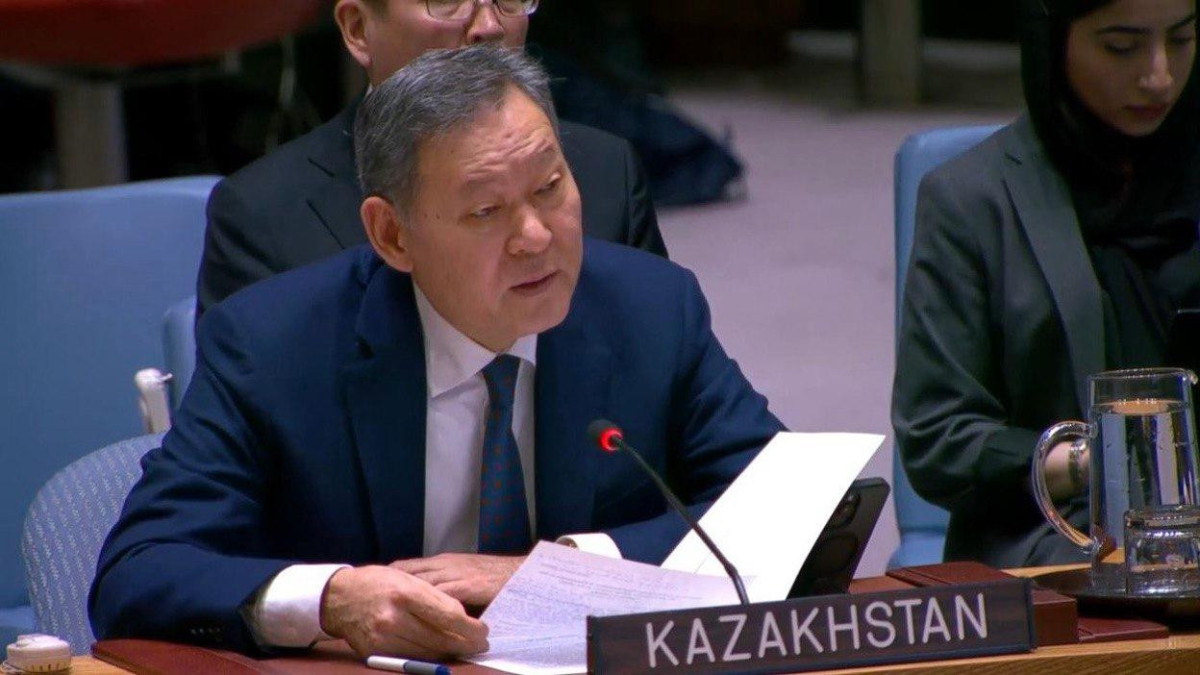
UN Security Council highlights initiative of Kazakh President

EL.KZ Информационно-познавательный портал
The United Nations Security Council convened at UN Headquarters to discuss the situation in Afghanistan and explore solutions to the challenges facing the country, El.kz cites MFA.
In addition to Council members, the meeting was attended by the UN Secretary-General’s Special Representative and Head of the United Nations Assistance Mission in Afghanistan (UNAMA), Roza Otunbayeva, as well as delegations from Afghanistan, Kazakhstan, Kyrgyzstan, Iran, India, Pakistan, and other senior officials.
UN representatives briefed Council members and other participants on the current situation in Afghanistan. Key points included the severe humanitarian crisis, human rights violations, particularly those affecting women and girls, and the persistent threat of terrorism.
In his address, Kazakhstan’s Permanent Representative to the UN, Kairat Umarov, reaffirmed the country’s steadfast commitment to the UN Charter and universally recognized humanitarian principles. He underscored the urgent need to stabilize Afghanistan’s social and economic situation through well-coordinated efforts among UN agencies, regional countries, and other stakeholders, adhering to the principle of “Delivering as One”.
This innovative approach, he emphasized, aims to align the efforts of UN bodies, regional nations, and international partners to achieve greater efficiency and impact. A robust Central Asia, he stressed, could have a positive influence on Afghanistan’s stabilization process.
“Kazakhstan’s President Kassym-Jomart Tokayev has proposed the establishment of the UN Regional Center for Sustainable Development in Almaty to support Central Asia and Afghanistan”, Umarov stated. “The Center aims to strengthen regional economies, create jobs, stem migration flows, and integrate countries into regional trade networks. We are confident that economic stability will pave the way for Afghanistan’s gradual political transformation, including progress in advancing women’s rights”.
UN member states emphasized the importance of leveraging all available tools to ease the plight of millions of Afghans in urgent need of support. Recognizing the ongoing risk to regional stability, diplomats agreed on the necessity of coordinated international efforts.

